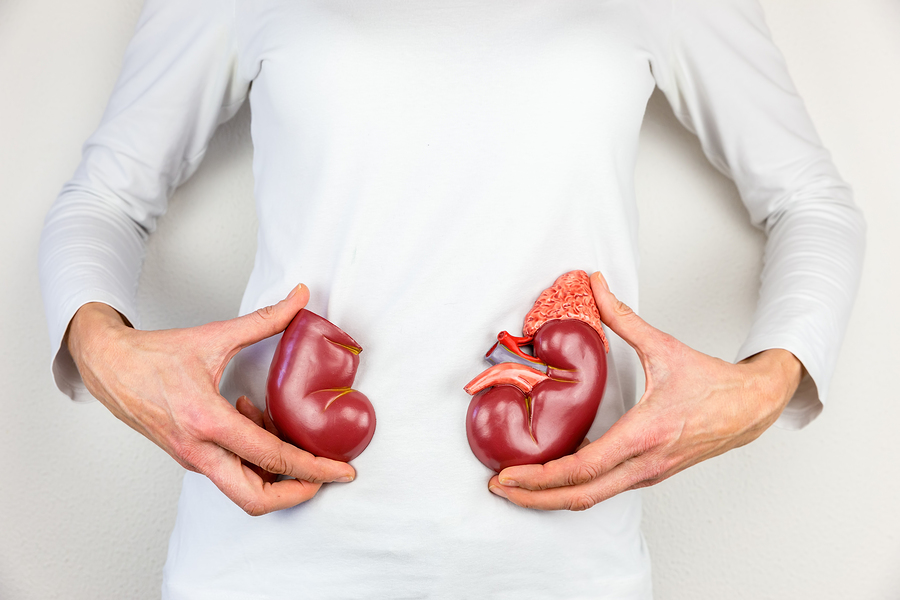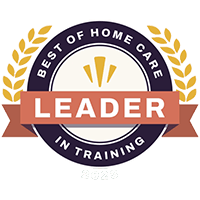World Kidney Day falls on March 10th. How much do you know about kidney health? It’s not something families think about until the doctor mentions a parent has kidney damage or chronic kidney disease (CKD). Here are the facts you need to know and how 24-hour home care can help.
Certain Factors Increase the Risk of Kidney Disease
High blood pressure and diabetes are the leading causes of kidney disease. High blood pressure accounts for around 25% of cases, while diabetes is estimated to cause about 33%. Infections, excessive, long-term use of certain over-the-counter pain relievers, and kidney stones can also damage the kidneys.
There Are Five Stages of CKD
There are five stages of CKD, with stage five known as end-stage renal disease. Healthy kidneys can filter over 90mL of blood each minute. This is known as a glomerular filtration rate (GFR). It’s measured by checking the level of creatinine in the blood.
- Stage one kidney disease occurs when the GRF is 90 mL.
- Stage two is down to 60 to 89 mL per minute.
- Stage three has a GFR level of 30 to 59 mL.
- Stage four’s GFR is 15 to 29 mL.
- Stage five is when kidney failure is established, and dialysis may be required. The levels at this point are under 15 mL.
You May Not Notice Any Symptoms
Most people do not notice any symptoms until their kidneys are advanced. Signs include fatigue, lack of appetite, swelling in the ankles, and urine that’s foamy or bloody.
Diet and Medications Are Primary Treatments
Once your mom or dad is diagnosed with CKD, diet and medications are the first treatments. The diet may require your parent to monitor protein and carb intake carefully. Sticking to a low-salt diet is also advised. Fluid intake may need to be moderated in the later stages.
If the damage is severe, dialysis may be needed to help filter the blood. Dialysis treatments can be done at home with proper training. Otherwise, your mom or dad will need someone to drive them to medical offices for these essential treatments.
Depending on the type of dialysis, it can take hours to complete a dialysis session. Hemodialysis done in your parent’s home dialysis is often done three or more times per week and takes up to ten hours to complete. Most people complete the sessions while they sleep. Your parent may need to go in three times a week for up to five hours each time in a center.
The other option is peritoneal dialysis. The blood is cleaned while it’s still in the body. It’s often done at home during everyday activities.
Support a parent after a CKD diagnosis. Arrange to have caregivers available throughout the day and night to help with medication reminders, diet, exercise, and appointment scheduling. Call a specialist in 24-hour home care to learn more.
Sources:









